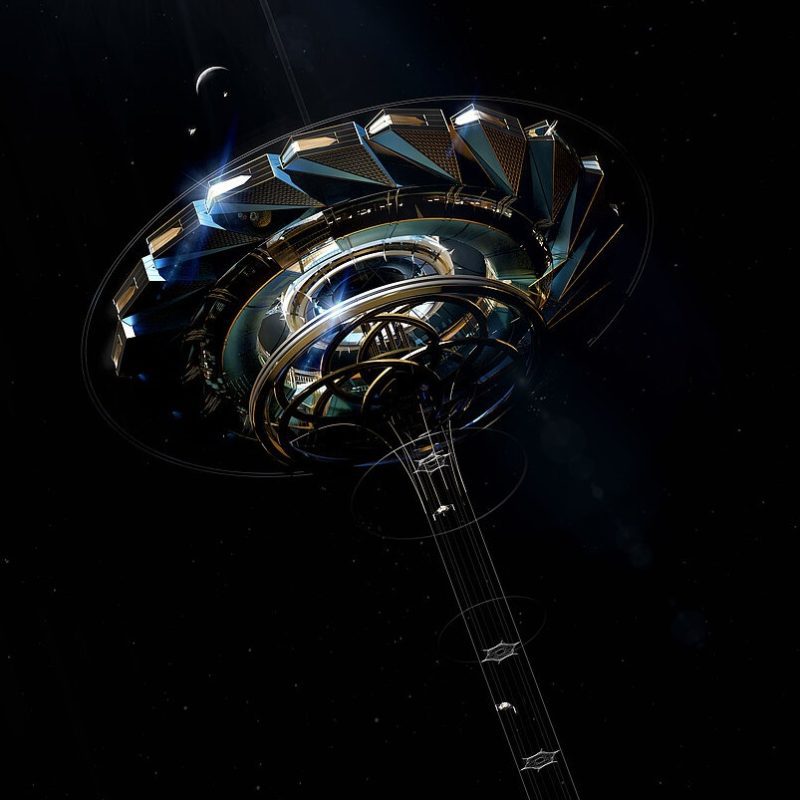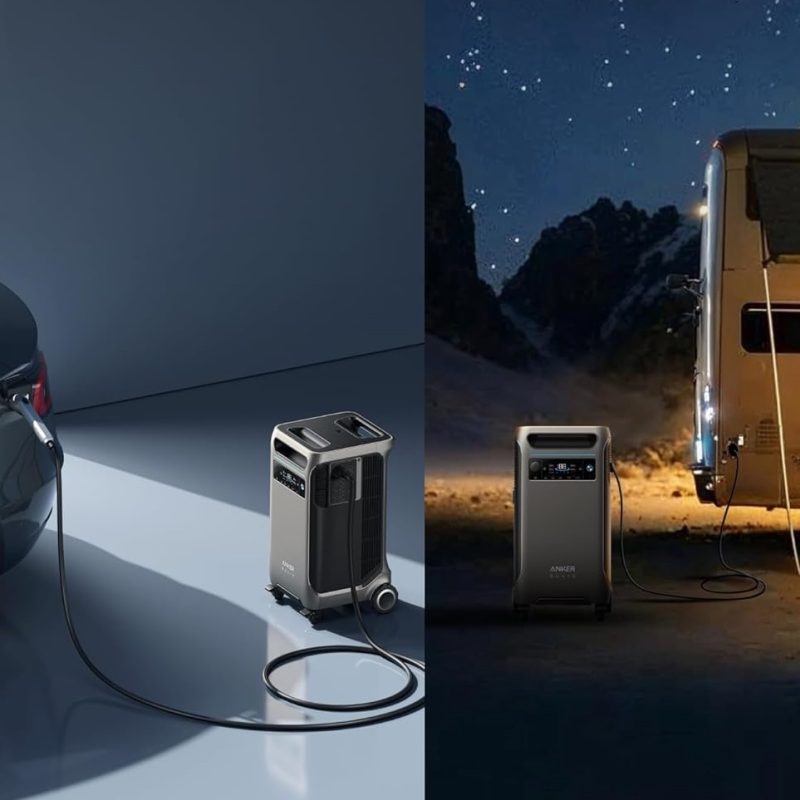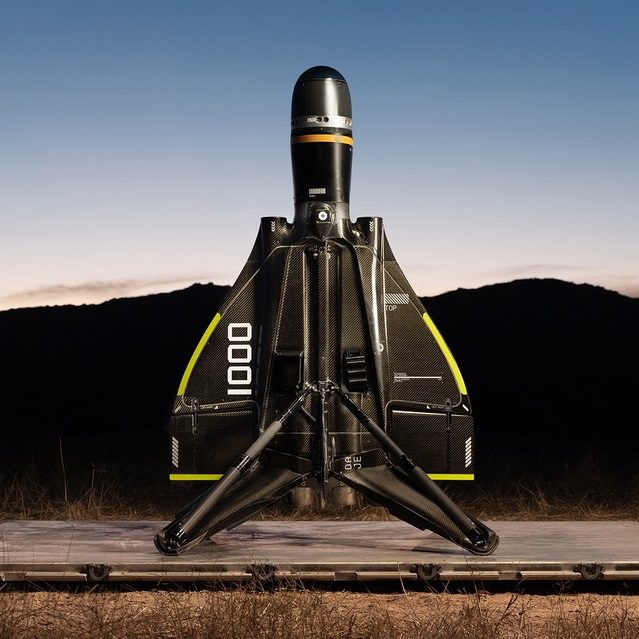Germany is Pioneering the World’s First Hydrogen-Powered Trains
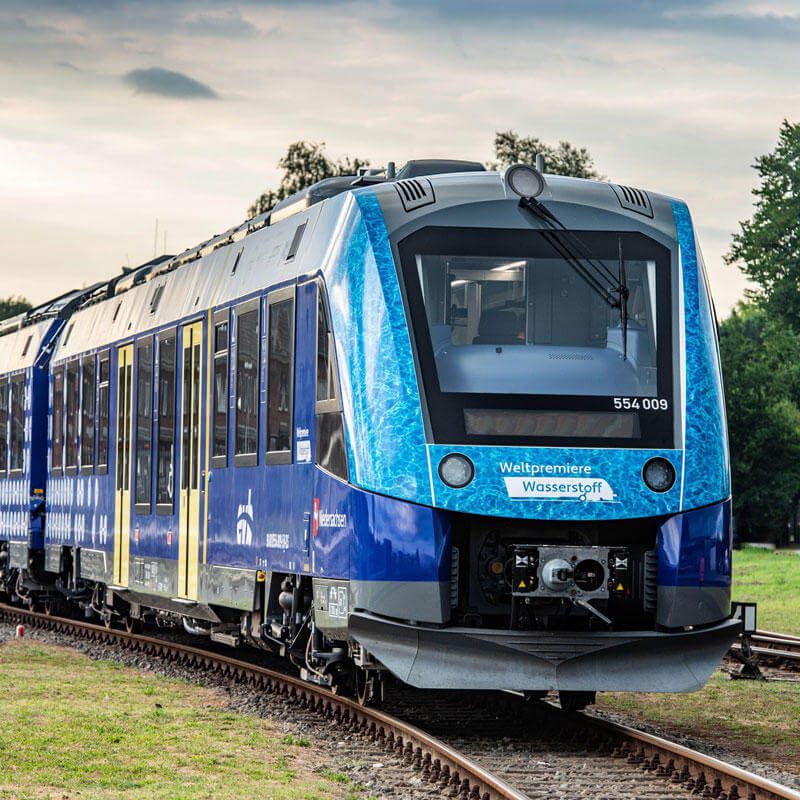
With the world on the path to transition to a green economy by 2030, Germany is pioneering the world’s first Hydrogen-Powered trains in the German state of Lower Saxony. Made by the French company Alstom and operated by regional rail company LNVG, the fleet will consist of 14 hydrogen-powered trains that will replace a fleet of diesel trains at a cost of $92 million.
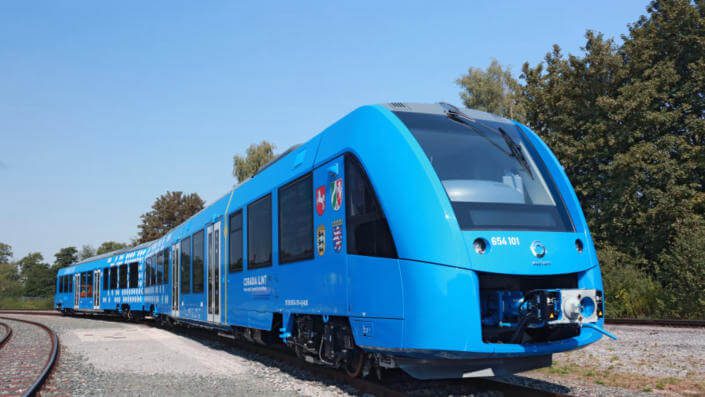
As in the past where classic locomotives used steam for power, the new locomotives will use hydrogen fuel cells to generate electricity to power the engine. This will mark a revolution in locomotive technology and will make these trains the cleanest in the world. The project is part of wide-ranging plan to electrify the German economy and move away from fossil fuels to more sustainable and environmentally friendly sources of energy.
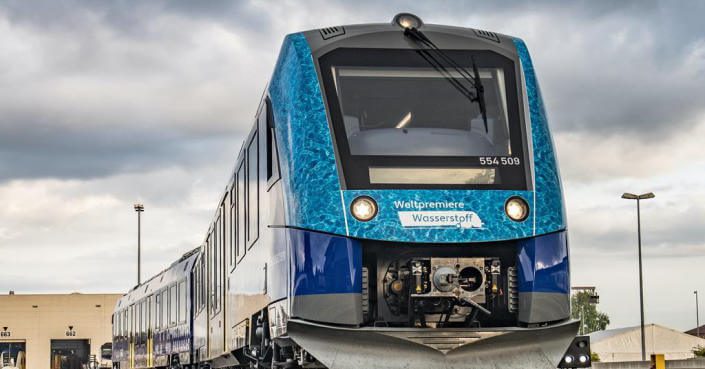
The transition from fossil fuels to hydrogen fuel cells will save an enormous 422,000 gallons of diesel fuel per year. Burning a gallon of diesel fuel produces about 22 pound of CO2 which contributes to climate change. The new hydrogen-powered fleet will slash CO2 emissions by 460 tons each year. The project is not without its drawbacks Linde, the company that creates the hydrogen used in the locomotives is hoping to produce the fuel using only renewable energy sources in the near future and not as chemical byproduct as it it currently produced.
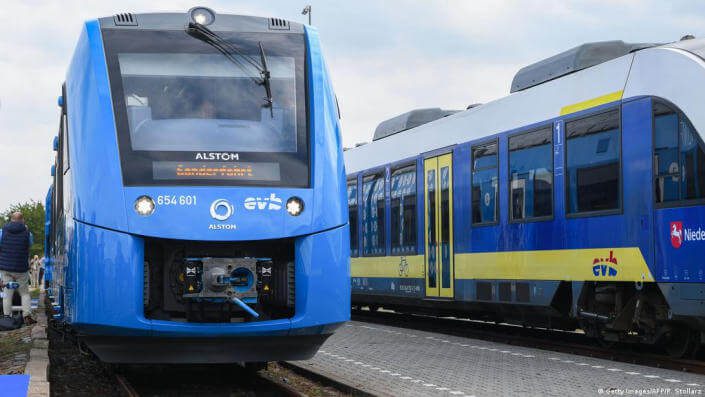
The new hydrogen-powered locomotives will have a range of up to 621 miles and will be able to travel at speeds up to 87 mph with normal range of operation between 50 and 75 mph. A single tank of hydrogen will be able to power the locomotive for an entire day of operation. Alstom has installed a hydrogen refueling station along the route of the train between the towns of Cuxhaven and Buxtehude.
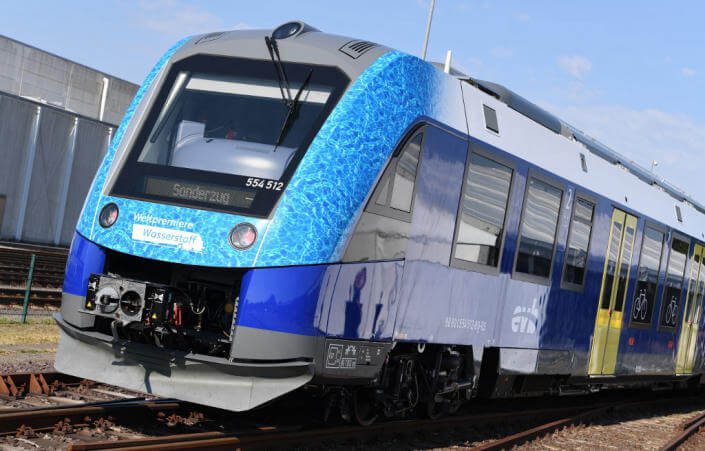
The company unveiled the first five hydrogen-powered locomotives this week with the goal of manufacturing enough to replace the entire diesel fleet by the end of 2022. Other states and cities in Germany are following the lead of Lower Saxony with Frankfurt purportedly ordering 27 of the hydrogen locomotives for use in the metropolitan area.


